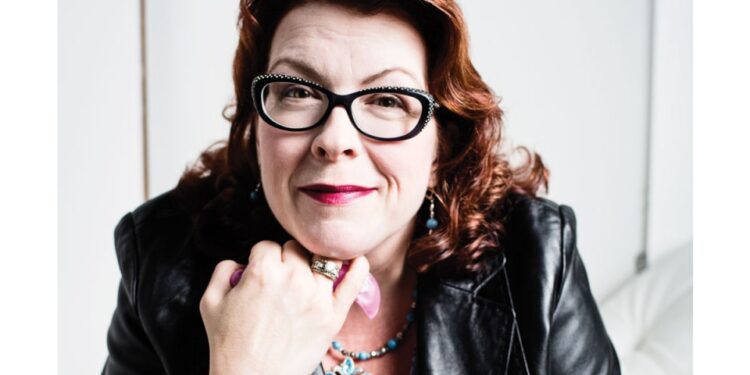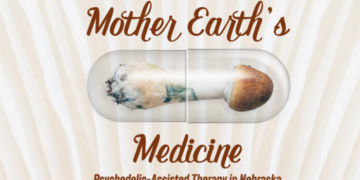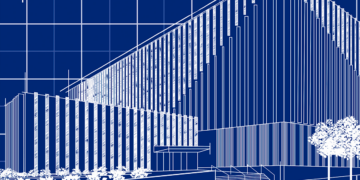Laura Marlane’s first clue should have been the card catalogs she created for her personal library…while she was still in elementary school.
br
“Organization has always been my compulsion,” she says, “And I didn’t want to buy the same book by accident.”
br
But it took years—volunteering and then working in libraries from high school onward—before Marlane finally had an epiphany. It happened somewhere between the Young Adult and Mysteries sections. The library, she realized, was her calling. In fact, other than a stint at a retail book store, she’s never worked anywhere else.
br
Now, as executive director of the Omaha Public Library system, Marlene is excited to open a whole new chapter of her life, both personally and professionally.
br
Born in a small Rhode Island town, she’s never lived away from New England and wasn’t quite sure what she’d find when she landed in Omaha last summer.
br
“Wide open spaces!” she laughs. “Even downtown. I was surprised at how big the city is. How wide the streets are…how much more open it is. All of the public art, the theaters. And ‘Nebraska Nice’ is real!”
br
Marlane and her husband flew out one day and bought a house the next. Her two sons are 25 and 19. The oldest is still attending college and working in a library in Rhode Island, but her youngest has joined the family in Omaha. “He’s planning to attend UNO and study business, as well as do volunteer work,” she says proudly. The whole family loves reading, movies, and ethnic cooking. Both of her sons have worked with her and inherited her passion for reading, education, and engagement.
br
“Libraries should be reflective of the people they serve,” Marlane says. “It’s important that they exist and that they give back. Collections and resources should be community-driven by knowledgeable staff dedicated to supporting the public and infrastructure.”
br
But for Marlane, it’s so much more than stacks of books.
br
In Rhode Island, she saw how instrumental libraries were in providing support and guidance to constituents shattered by job losses that accompanied the economic downturn. “Many people who lost their jobs chose to start businesses. Libraries became powerful small business incubators that helped people know how to get started and find the information they needed, especially on complicated government sites.”
br
She’s excited to already see that same kind of engagement here.
br
“Omaha Public Library is doing an amazing job with facilitators in the community,” she says. “This amazing program pulls together different organizations in the city to work together to solve a problem. The library has these facilitators on staff, available to anyone. It’s just terrific.”
br
Marlane is also impressed by Omaha itself and its focus on entrepreneurship, research, and a positive, “can-do” attitude.
br
“I’m intrigued by how the library can help make new breakthroughs available at the grassroots level. What kind of services can we provide?”
br
She points specifically to the growth of 3D printing and how making it accessible to the community can be pivotal in a wide array of applications.
br
“Just think about what that could mean to families who have children needing new prosthetics every year,” she says. “Maybe they just come to the library and print one off. How cool is that?”
br
Visit omahalibrary.org to learn more.
br














